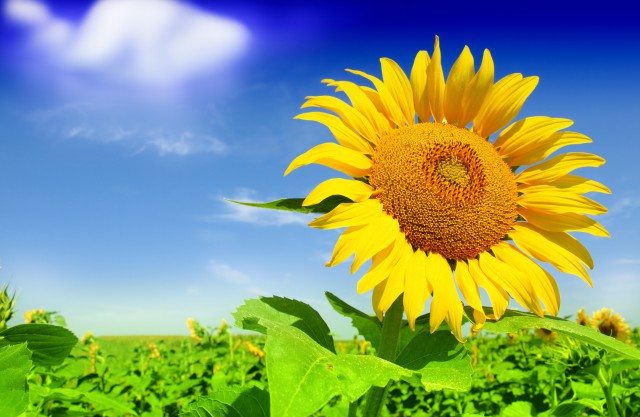Aimplas Plastic Technology Centre in Spain has created barrier, multilayer and transparent packages with a cost 25% lower than conventional ones, with a lower environmental impact and a lower carbon footprint, up to 29%.
The packages are made to extend the shelf life of cheese and fresh pasta within the framework of the European project BIO4MAP.
The combination of different layers of bioplastics (polylactic acid [PLA], polyvinyl alcohol [PVOH] and adhesives) and a wax coating obtained from olive leaves, has made possible obtaining packages suitable for containing packaged food in modified atmosphere, insulating the product from oxygen and humidity in order to avoid the growth of bacteria and fungi.
While PLA is an easy-recyclable material with excellent mechanical properties, PVOH provides barrier to gases and is water-soluble, so it disappears in the washing process, thus allowing recycling PLA.
Both layers are joined by biodegradable adhesives, while a wax coating made from olive leaves provides water vapor barrier.
This coating, which does not disappear in the washing process, acts like a plasticizer for PLA, thus improving its flexibility.
They are materials that, together, have a carbon footprint 57% lower than the footprint of materials traditionally used in packaging manufacturing to contain this kind of food.
The Project BIO4MAP is funded by the European Union’s Seventh Framework Programme.
The project is 30 months long and has a budget of €1.5 million (US$1.66 million).










